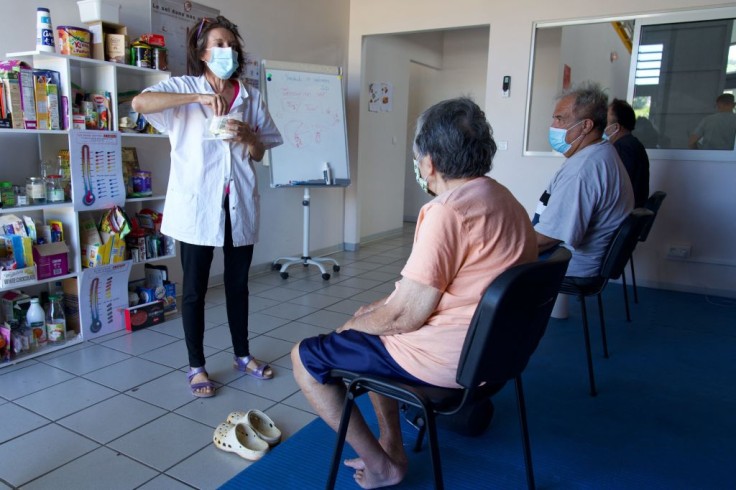
A recent study revealed that children of exceptionally long-lived parents or individuals above 90 years of age have a reduced risk of type II diabetes than the general population. The study also found that the benefit includes these children's spouses.
The study was part of the Long Life Family Study (LLFS), focusing on families with exceptionally long-lived family members in the U.S. and Denmark. The study aimed to identify which biological processes are associated with long life and healthy aging across two generations.
Type II diabetes
According to WebMD, type II diabetes is a lifelong disease wherein the pancreas is not making enough insulin, resulting in an increase in blood sugar. It can also develop due to lifestyle habits, people with less exercise, or those who follow a less balanced diet.
Symptoms include being constantly thirsty and hungry, peeing a lot, blurry vision, cranky, tingling, or numbness in your hands or feet. People with type 2 diabetes also report fatigue, wounds that never heal, weight loss, and yeast infections that constantly recurs.
The condition is the most common type of diabetes. In the U.S. alone, there are about 29 million inflicted with type II diabetes, while 84 million have prediabetes or have high blood sugars but are not high enough to be considered diabetes yet.
Spouses of the children of exceptionally long-lived parents
The study followed the health of 4,559 long-lived focal women and men and 1,445 of their siblings. The respondents were more than 90 years of age for the focal men and women, while the siblings were 80 years old and above. Researchers also studied 2,329 children of the focal person or their sibling and 785 of the children's spouses from 2006 to 2017, the Cosmos Magazine reports.
The researchers took blood samples and studied the levels of biomarkers that affects the risk of type II diabetes between the children and their spouses. The study also found that there seem to be different underlying factors that promote this lower type II diabetes risk.
According to Iva Miljkovic, a professor from the School of Public Health at the University of Pittsburgh, their team found that pro-inflammatory and growth-factor-signaling biomarkers have stronger positive and negative effects on the risk of diabetes in the spouses of offspring of exceptional survivors than in those offspring themselves.
Miljkovic said that it is possible that people unconsciously pick their partners through associative mating, which tends to match their phenotypes and underlying genotypes, including those that affect diabetes risk and longevity.
People who were raised by parents with impressive longevity are likely to choose healthy partners, hence, reducing the risk of developing type 2 diabetes.
On the other hand, spouses were more likely to be physically active and reported moderate alcohol consumption compared with the offspring.
Miljkovic noted that further studies are necessary to understand why being married to a member of a long-lived family also comes with "metabolic health and survival advantage" like their spouse.
Mindbodygreen said that the recent study provides a fascinating revelation on generational health.
Related Article: Nearly Half of Parents Struggle With Their Child's Diets